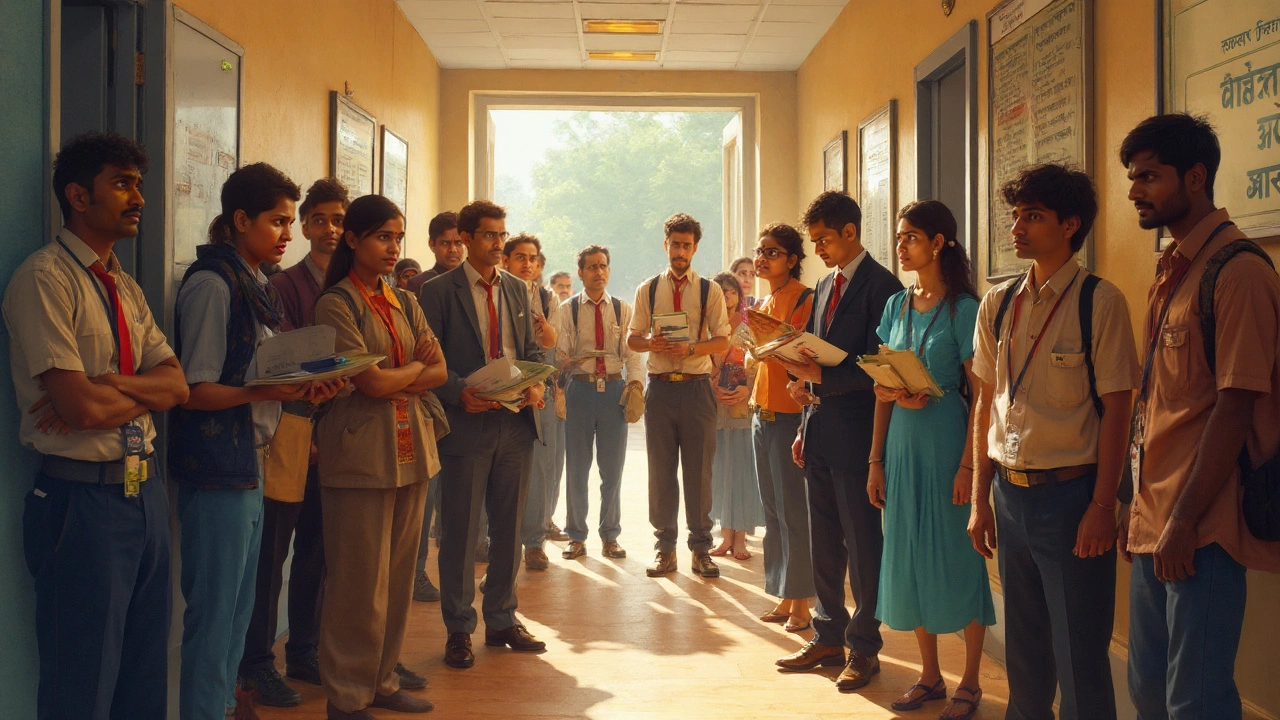Government Exam Selection: Pick the Right Exam & Crack It
Thinking about a job in the public sector? The first step is to decide which government exam matches your goals. India has a long list—UPSC, SSC, banking, railways, state PSCs, police and many more. Picking the wrong one wastes time, while a good match can fast‑track your career. Below you’ll get a quick checklist to narrow down the options and a simple plan to start studying.
Understanding Your Goals and Eligibility
Start with two questions: What kind of role do you want, and do you meet the basic criteria? If you dream of policy making or diplomacy, the UPSC Civil Services exam is the obvious target. Want a stable desk job with good pay? Look at SSC CGL or banking exams. If you prefer field work, the State Police or Railway Recruitment Board (RRB) tests are better fits.
Next, check age limits, educational qualifications and physical requirements. For example, UPSC demands a graduate degree and an upper age limit of 32, while SSC CGL allows candidates up to 26 with any bachelor’s degree. Write down these numbers in a table—seeing them side by side makes the comparison crystal clear.
Don’t forget the career ladder. Some exams open doors to multiple posts. Clearing the UPSC prelims can lead to IAS, IPS, IFS or even central ministries. SSC CGL offers posts in ministries, banks, and defense. Think about where you want to be in five or ten years, then match the exam that offers that path.
Building a Practical Study Plan
Once you’ve zeroed in on an exam, make a realistic timetable. Most government exams have a three‑stage process: prelims, mains, and interview. Break each stage into weekly goals. For prelims, allocate 2‑3 hours daily to current affairs and 1‑2 hours to core subjects like History or Quantitative Aptitude.
Use free resources first—NCERT books, government portals, and reputable YouTube channels. Then add a paid test series if your budget allows; they help you gauge speed and accuracy. Schedule mock tests every two weeks and review mistakes immediately. This keeps the learning loop tight and prevents old errors from resurfacing.
Stay flexible. If a topic feels weak, swap a day’s schedule to focus on it. Keep a “mistake log” where you note each error and the reason behind it—revisiting the log a week later reinforces learning.
Finally, protect your health. Short breaks, regular walks, and enough sleep improve memory retention. Treat study time like a job: start on time, finish on time, and keep a clear workspace.
Choosing the right government exam is less about luck and more about matching your profile to the right opportunity. Follow the checklist, set a simple study routine, and you’ll be on the fast track to a stable, respected career in the public sector.
Government Job Interview Process: Number of Rounds & Tips for 2025
Curious about how many interviews you need for a government job? This guide breaks down government recruitment interview rounds, what to expect, and how to boost your chances.
